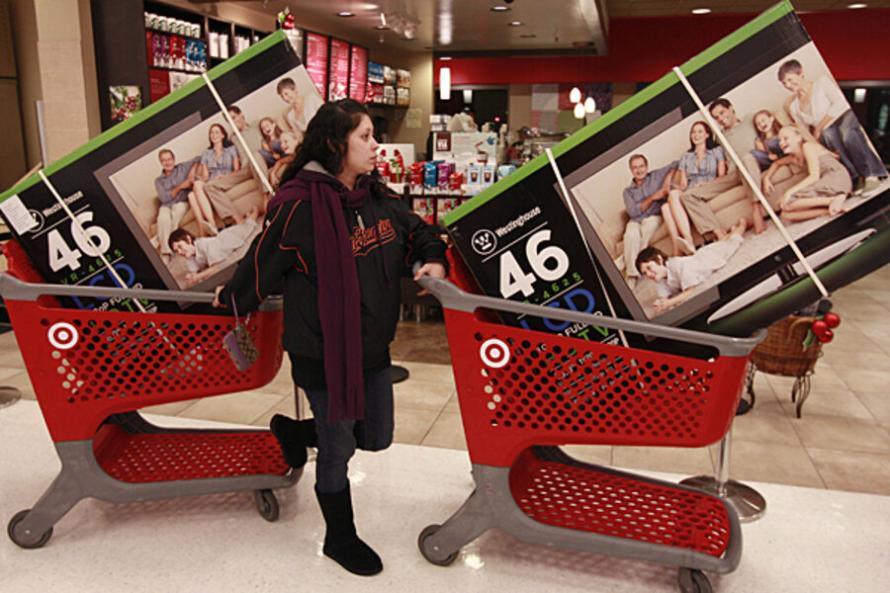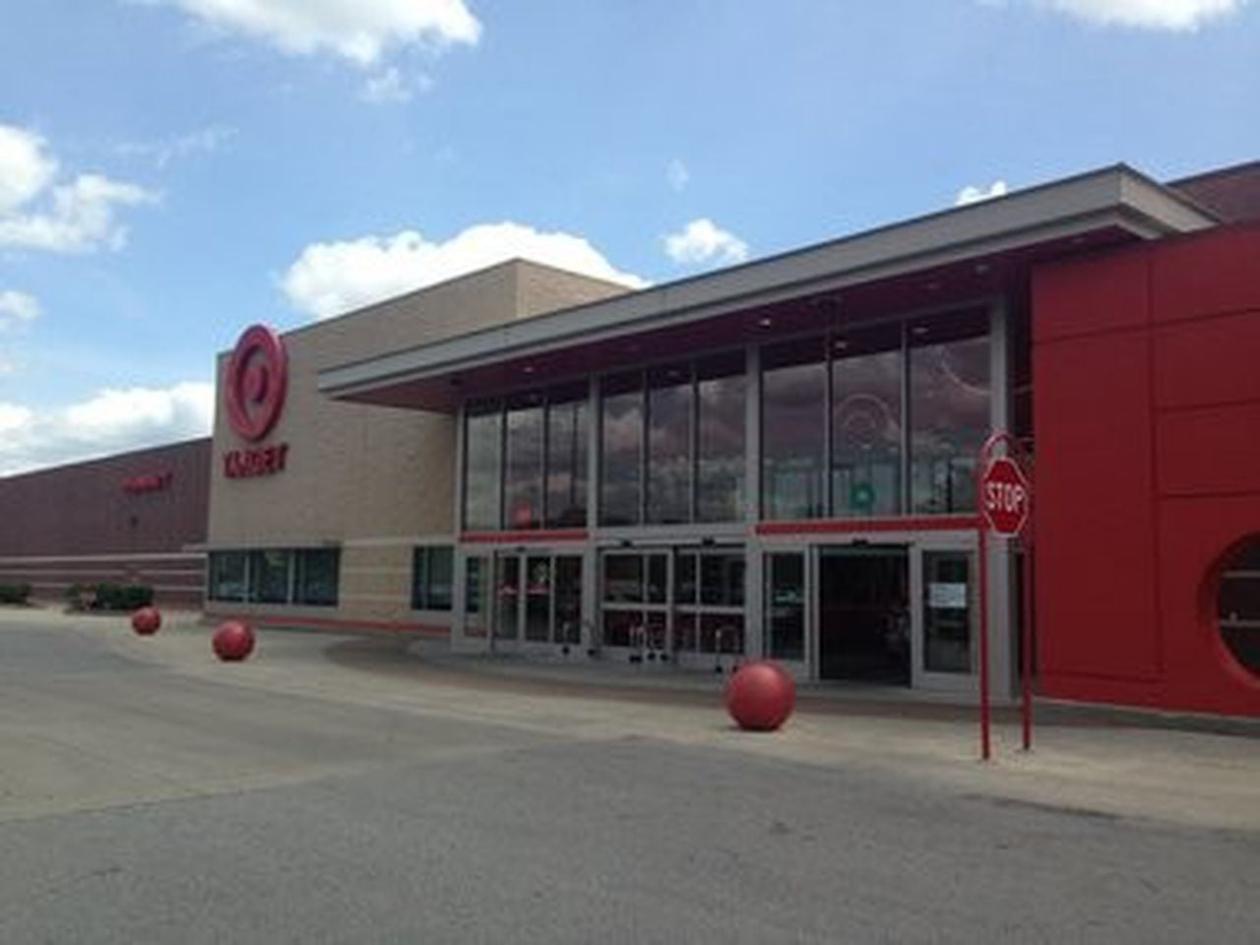Black Friday Doorbusters: A History of the Tradition
Black Friday, the day after Thanksgiving, has become synonymous with massive sales and doorbuster deals that draw throngs of shoppers to retail stores across the United States and beyond. But how did this tradition come to be, and how has it evolved over the years?

The Early Years (1950s-1960s)
The origins of Black Friday doorbusters can be traced back to the early days of post-Thanksgiving shopping. Macy's Thanksgiving Day Parade, which began in 1924, is often credited with sparking the tradition of shopping on the day after Thanksgiving. The parade attracted large crowds of shoppers to downtown Manhattan, and retailers took advantage of the opportunity to offer special sales and promotions.
The term "doorbuster" was first used in the 1950s to describe sales that were so good that they would literally "bust the doors" open. These sales were typically limited-quantity, high-demand items that were offered at a deep discount. Doorbuster deals quickly became a popular way to attract early shoppers and generate excitement for the holiday shopping season.
The Rise Of Black Friday (1970s-1990s)
The 1970s and 1980s saw the rise of big-box retailers like Walmart, Target, and Kmart. These retailers embraced the concept of Black Friday doorbusters and used them to attract shoppers to their stores. Black Friday sales expanded to include more product categories, from electronics and appliances to toys and clothing.

The competition among retailers to offer the best Black Friday deals intensified during this period. Retailers began advertising their doorbuster sales weeks in advance and extended their store hours or even opened early on Thanksgiving Day to accommodate the crowds. Black Friday became a major shopping event, and its impact on consumer spending and the overall economy grew significantly.
The Modern Era Of Black Friday (2000s-Present)
The advent of online shopping in the 2000s had a major impact on Black Friday. E-commerce allowed shoppers to take advantage of Black Friday deals without having to brave the crowds at physical stores. This led to the rise of Cyber Monday, the Monday after Thanksgiving, as a major online shopping event.

Black Friday has also become a global phenomenon in recent years. The tradition of doorbuster sales has spread to countries outside the United States, driven by cultural and economic factors. Black Friday sales have become a major marketing event for retailers around the world.
The Future Of Black Friday
The future of Black Friday doorbusters is uncertain. The continued growth of online shopping and Cyber Monday could potentially lead to a decline in the importance of physical stores on Black Friday. However, Black Friday is still a major shopping event, and retailers are likely to continue to offer doorbuster deals to attract shoppers.
The challenges facing retailers in maintaining the relevance of Black Friday include the need to adapt to changing consumer preferences and shopping habits, the pressure to offer competitive deals and promotions, and the potential for consumer backlash against excessive consumerism.
Black Friday doorbusters have come a long way since their humble beginnings in the 1950s. They have evolved from a way to attract early shoppers to a major marketing event that has a significant impact on consumer spending and the global economy. The future of Black Friday doorbusters is uncertain, but they are likely to continue to play a role in the holiday shopping season for years to come.
YesNo

Leave a Reply